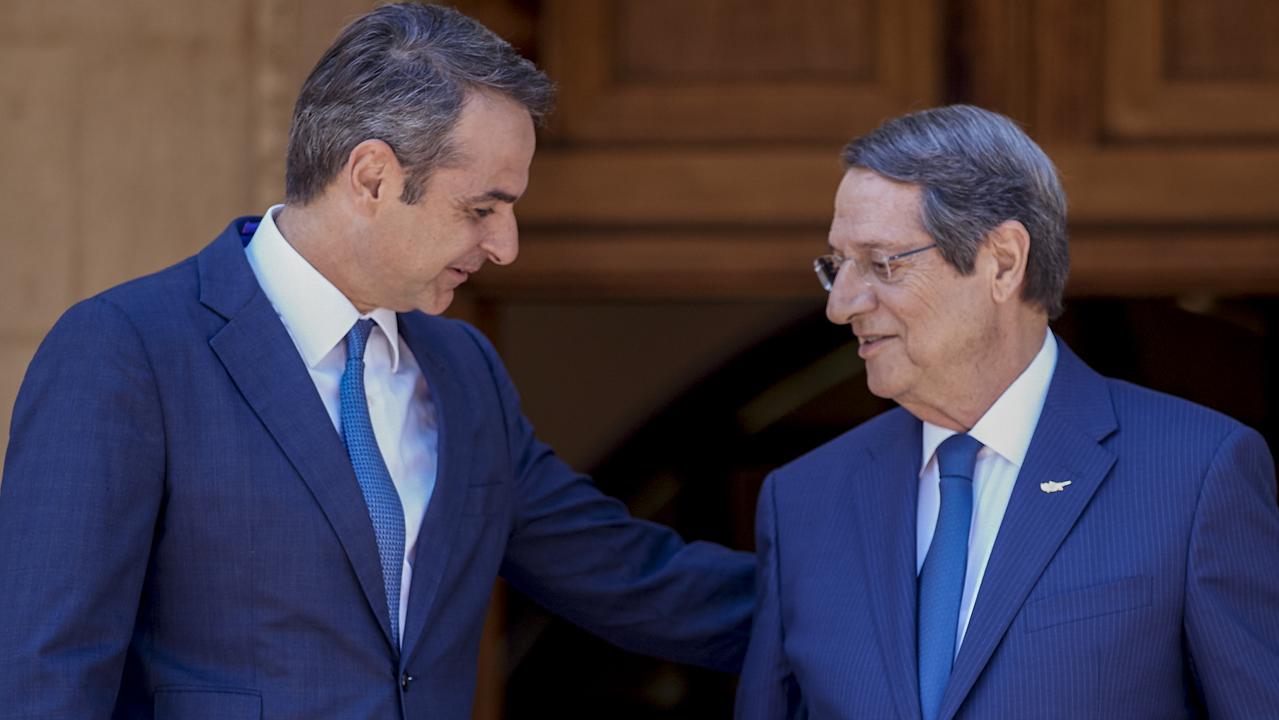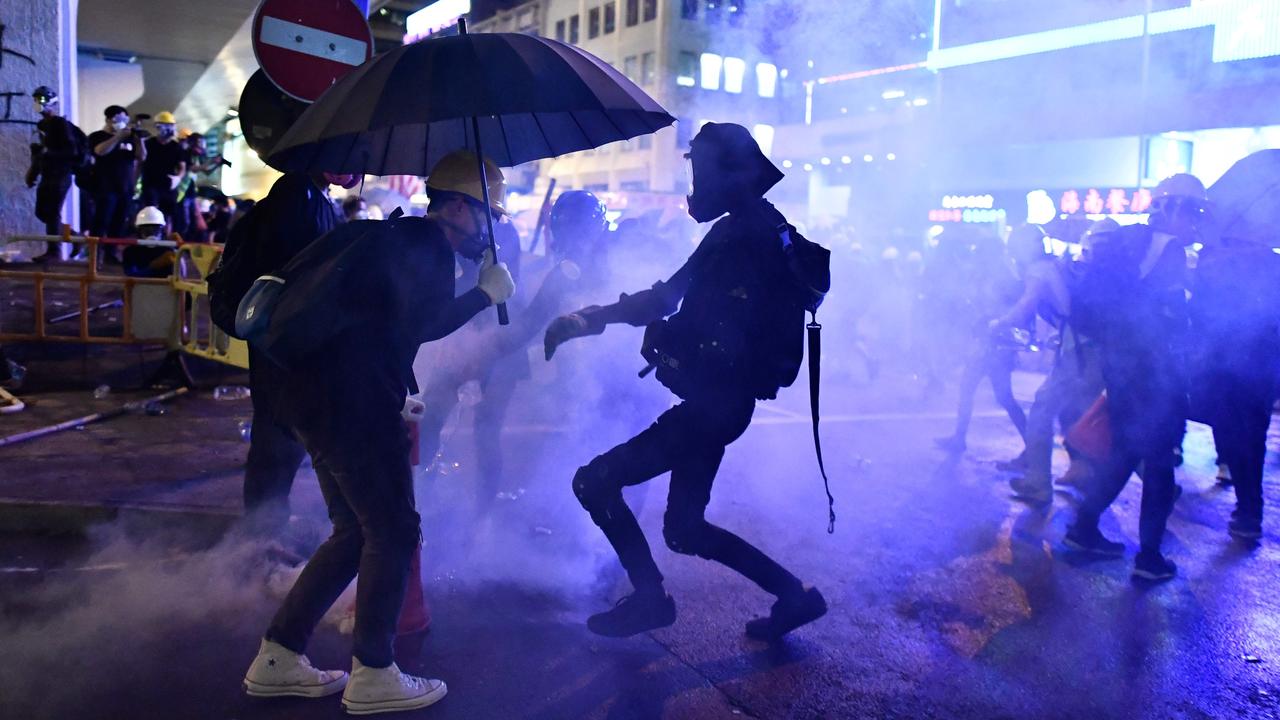Putin slotted at very top of plot
Spare a thought for the GRU, Russia’s military intelligence service, as Russia’s secret wars grow less secret by the month.

Twelve of its officers were indicted in July by Robert Mueller, America’s special counsel, for interfering in the presidential election in 2016.
That month two more officers were implicated in a plot to kill Montenegro’s prime minister. Now Britain has named another pair of alleged GRU officers as suspects in the attempted murder of former spy Sergei Skripal and his daughter, Yulia.
It has published photos of the would-be assassins, who went by the names Alexander Petrov and Ruslan Boshirov.
Russia’s secret wars are growing less secret by the month. British police were able to trace the suspects’ journey from Gatwick airport to a hotel in east London, and twice to Salisbury, where they are thought to have sprayed a military-grade nerve agent on Skripal’s front door.
Their weapon of choice, a bottle of perfume designed to carry poison, was recklessly discarded, resulting in the death of a resident.
British investigators pored through 11,000 hours of CCTV footage, probably cross-referencing people arriving on flights from Russia with those seen in Salisbury.
That the pair arrived on Russia’s flag-carrier, Aeroflot, and had earlier travelled extensively on the same passports, including to Britain, suggests either sloppy tradecraft or remarkable insouciance.
Skripal’s former senior status in the GRU, the agency’s reputation for punishing defectors, and its hacking of his daughter’s e-mails all pointed to its involvement.
Britain’s Prime Minister Theresa May has confirmed these suspicions, telling the House of Commons on Tuesday that not only did the two men work for the GRU, but that the operation was “almost certainly” approved at a “senior level of the Russian state”— meaning Vladimir Putin.
No one expects Russia will give up its nationals — if indeed they are still alive. Its foreign ministry said the names and photographs of the men “do not mean anything to Moscow”. When Britain exposed the Russian agents behind the murder of Alexander Litvinenko, a former KGB officer, in London in 2006, Russia not only refused demands for their extradition but awarded a medal, for “services to the motherland”, to one of the alleged assassins.
Nevertheless, this week’s legal manoeuvres serve a purpose. The wide dissemination of their mugshots means their days as travelling killers, if that is what they are, are over. And the accumulation of evidence of Russian culpability bolsters the West’s consensus that Putin’s aggressive behaviour is out of hand. Fresh sanctions may follow.
There is also a broader lesson. This would not be the first time CCTV has exposed a secret hit-squad. Israeli spies were left red-faced in 2010 when their assassins were tracked and caught on camera in Dubai, resulting in a diplomatic scandal over Israel’s use of fraudulent passports from Western countries, including Australia.
The proliferation of cameras, facial-recognition software and biometric technology at ports of entry is making it harder to cross borders undetected. This is bad news for Russia. Whether meddling in Crimea, the US, or provincial British towns, Russia relies on plausible deniability.
But there is no longer much plausibility left.





Spare a thought for the GRU, Russia’s military intelligence service.